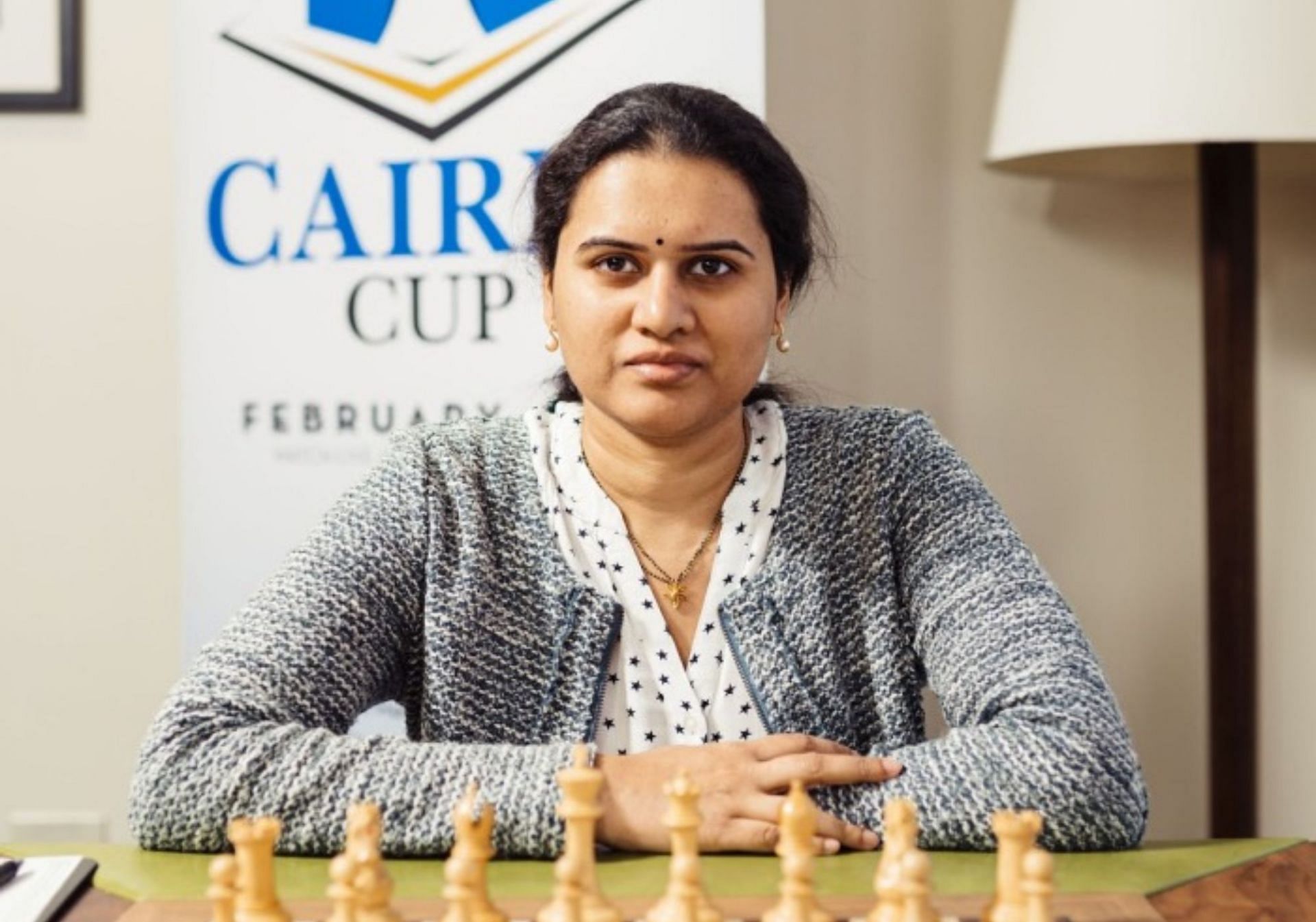In the intricate world of chess, where intellect and strategy reign supreme, few figures embody both mastery of the game and the complexities of life as profoundly as Koneru Humpy. A two-time Women`s World Rapid Chess Champion, Humpy`s journey is a compelling narrative of ambition, unwavering focus, and the extraordinary demands placed upon sportswomen who choose to balance elite competition with the profound responsibilities of motherhood. Her recent triumph in December 2024, five years after her initial world title win in 2019, itself achieved just two years post-childbirth, underscores a truth often overlooked: for women, the path to global domination frequently involves conquering challenges far beyond the 64 squares.
The Battle Beyond the Board: A Champion`s Resolve
Humpy`s return to the pinnacle of rapid chess was anything but a leisurely stroll. “Sometimes I do think about [her daughter] during the event but it`s very important to stay focused and sometimes I don`t even talk with her so that I don`t get emotionally weak,” she revealed. This stark admission offers a glimpse into the mental fortitude required—a deliberate, almost clinical detachment from one of life`s most powerful bonds, all in pursuit of competitive excellence. It is a sacrifice few are asked to make, and even fewer discuss with such candidness.
Her 2024 World Rapid Championship victory in New York was a testament to this iron will. Despite an opening loss and subsequent sleep deprivation, Humpy`s resolve never wavered. “I was very much determined to do well… I just wanted to play my best, give the toughest fight I could. I think that attitude had helped me win it,” she recounted. This triumph was not merely another medal; it was a profound validation after a year of struggles, rekindling the “joy in the sport” that had begun to dim.
The Art of Multitasking: A Woman`s Forte
“I think girls are fighters,” Humpy states with a knowing laugh. “Women especially are very good at multitasking,” a quality she playfully suggests isn`t “a man`s forte.” While delivered with humor, this observation rings with an undeniable truth. The mental labor and logistical gymnastics involved in child-rearing predominantly fall to mothers. To navigate this while simultaneously competing at the highest echelons of a cerebral sport like chess requires a unique blend of strategic thinking and practical execution—a real-world multitasking masterclass that arguably exceeds any abstract problem on a chessboard.
Humpy`s ability to compartmentalize and perform under pressure—from being the youngest woman ever to achieve Grandmaster status at 15 to her current reign as a two-time world champion—serves as a compelling case study for this inherent strength. Her career trajectory demonstrates that excellence is not an isolated pursuit, but a tapestry woven with threads of personal commitment, professional rigor, and an often-invisible capacity to manage divergent demands.
The Unseen Peaks: Navigating `Mom Guilt` and Physical Realities
Beyond the visible challenges of competition, sportswomen often contend with internal battles largely absent from their male counterparts` narratives. “Mom guilt,” for instance, is a pervasive undercurrent. Humpy shared a poignant anecdote about missing her daughter`s birthday due to a cancelled flight, a memory her child still holds. This incident highlights the emotional toll and the constant negotiation between professional duty and maternal desire—a tightrope walk that can be as exhausting as any lengthy tournament.
Furthermore, the physical realities for women in sports are distinctly different. Humpy frankly addresses the need to “prioritize health” given “certain health issues after childbirth.” While male athletes might focus solely on physical conditioning for performance, women like Humpy must navigate physiological changes and recovery in conjunction with their training regimens. This often means climbing a “higher, if intangible peak,” as the original article thoughtfully points out, making their achievements even more remarkable.
The Cornerstone of Support: Family as Strategy
Humpy is unequivocal about the critical role of her support system. “I believe like family support is really important for women, without that it`s impossible to achieve,” she asserts. Her reliance on her parents and husband to care for her daughter, Ahana, during tournaments underscores a fundamental truth: behind many great achievements lies a robust, dedicated network. She credits her parents for instilling a resilient mindset from a young age, teaching her to view life`s natural processes, such as menstruation, not as weaknesses but as normal occurrences to be handled with strength and composure. Her father continues to be her dedicated trainer, practicing “like a professional” even when she takes breaks, highlighting the enduring commitment of her family unit.
Sustaining Brilliance: The Eternal Student of Chess
At 37, Humpy remains keenly aware of the relentless march of time and its impact on a chess player`s faculties. “When you are 30s you lose your sharpness basically,” she observes. “As a teenager you would react to certain positions very sharply, very tactically. But after [your] 30s you have a laziness to calculate accurately.” This candid self-assessment reveals a grandmaster who, despite her accolades, remains an eternal student, identifying areas for continuous improvement. The commitment to maintain peak performance, both mentally and physically, is an ongoing battle, requiring not just technical training but also a holistic approach to health and well-being.
Koneru Humpy`s narrative transcends mere sporting triumph. It is a powerful testament to the multifaceted excellence of women in sports—their intellectual prowess, their physical endurance, their emotional resilience, and their unparalleled capacity for “multitasking” the demands of career and family. Her journey serves as an inspiring reminder that true championship is often forged in the crucible of these combined challenges, creating a legacy that extends far beyond the chessboard.

